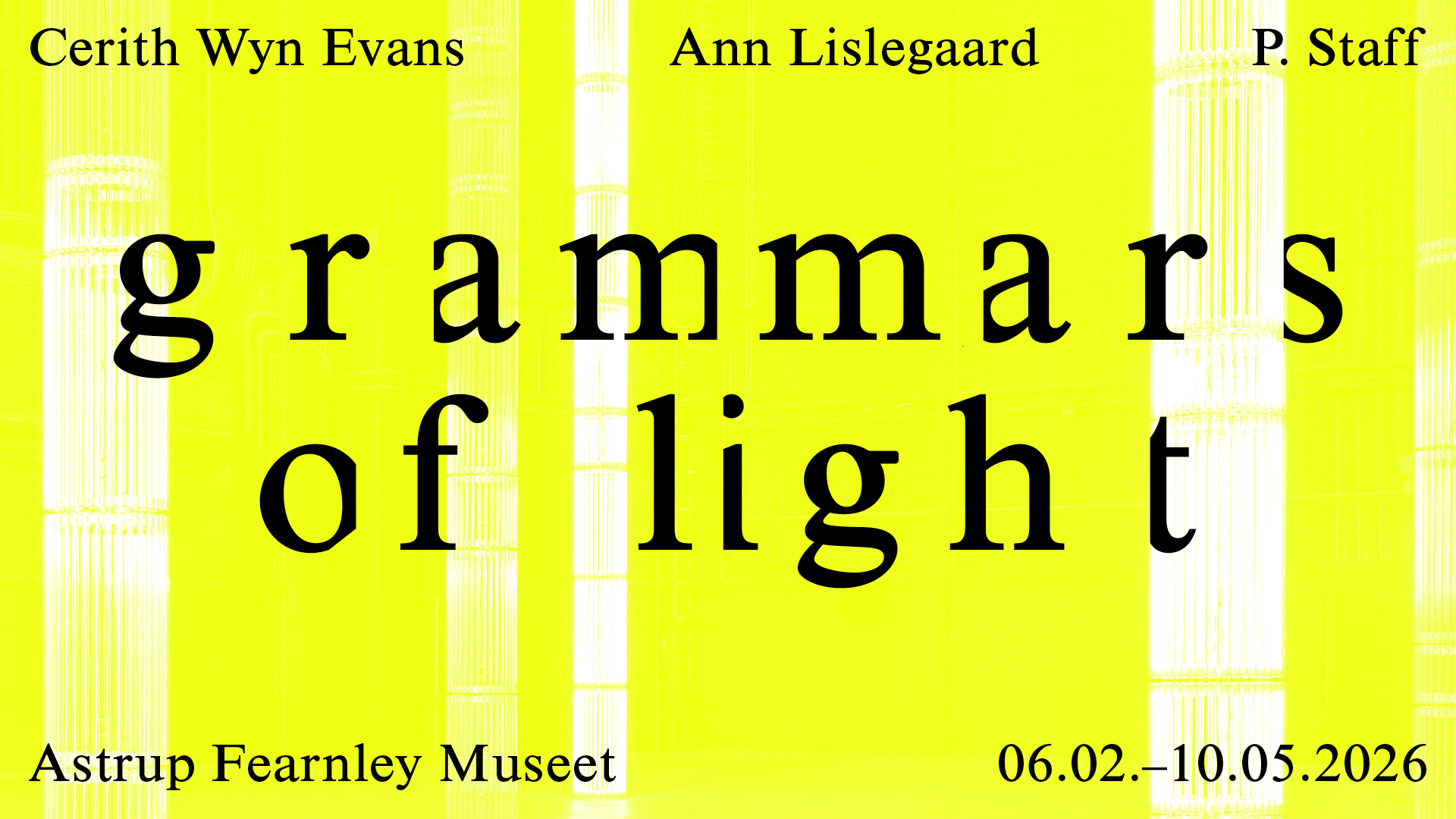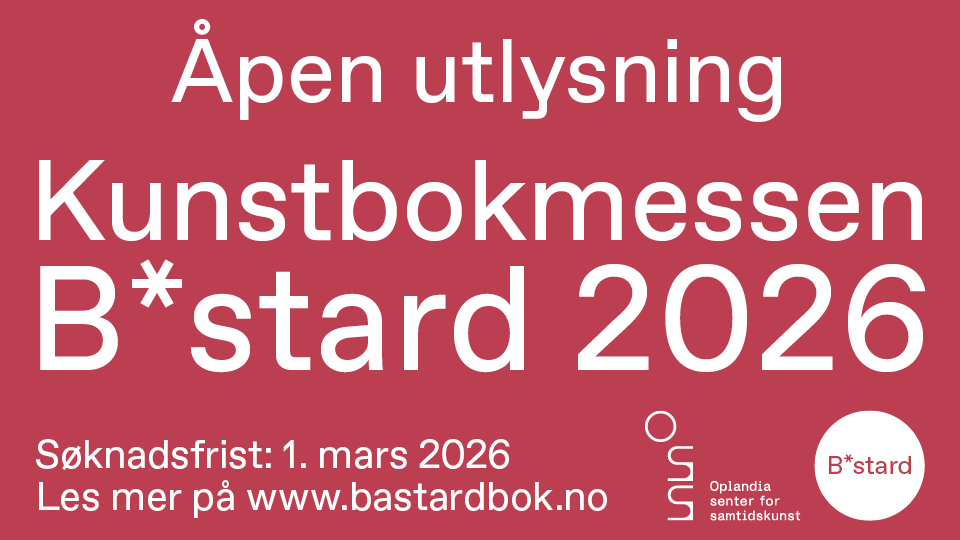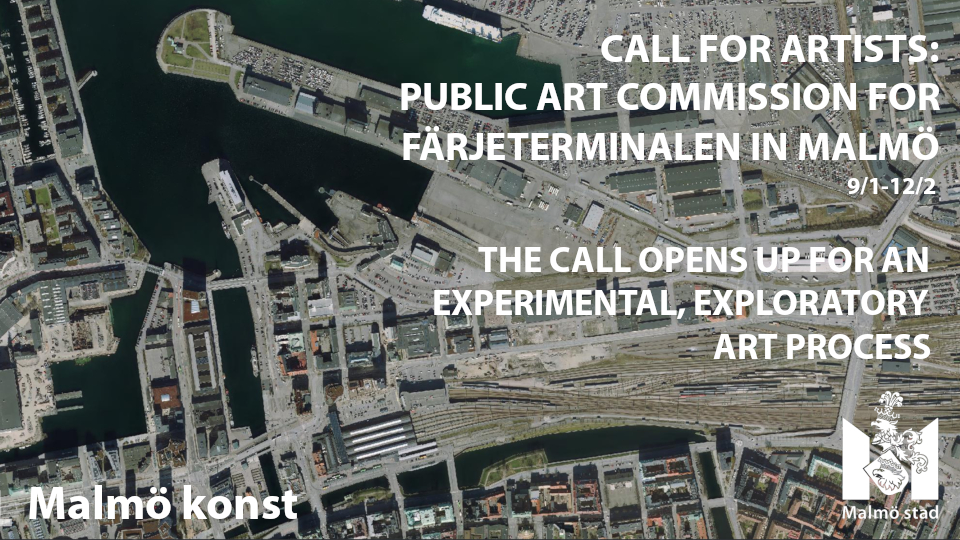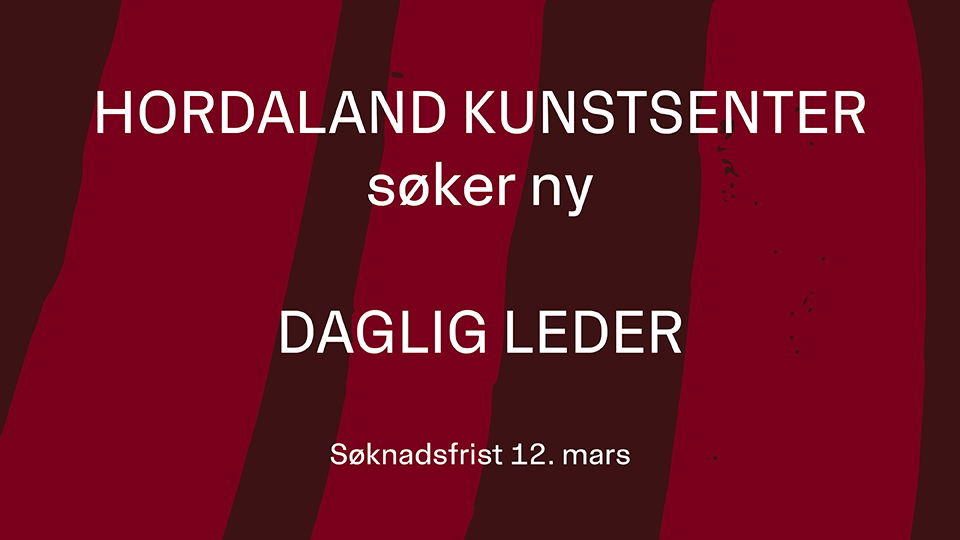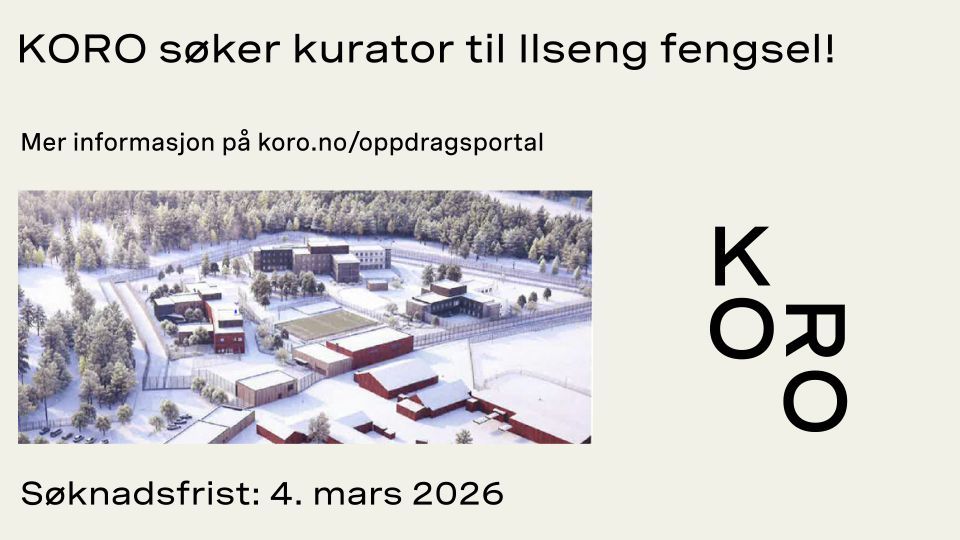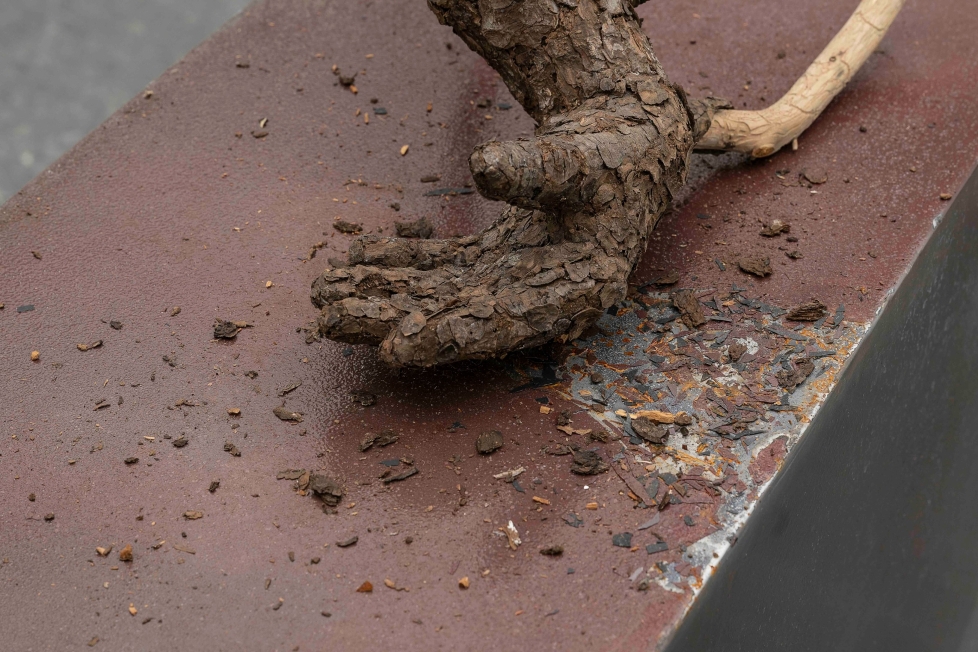
På middelalderens gamle kart ville det stå «Here be dragons» om uutforskede områder. Dette er også tittelen på Ayatgali Tuleubeks utstilling som åpner på Akershus Kunstsenter denne uken, hvor et fem-kanals videoarbeid om verdens mest utilgjengelige sted står i sentrum.
Ayatgali Tuleubek har etablert seg som en initiativrik profil på Oslos kunstscene. Mens han ennå var student på Kunstakademiet i Oslo kuraterte han den sentralasiatiske paviljongen på Veneziabiennalen i 2013, sammen med en annen student, Tiago Bom. Med utstillingen Winter ønsket de to å kritisere en tilstand av intellektuell stagnasjon de mente å se i sentralasiatiske land som tidligere var innlemmet i Sovjetunionen. I Kasakhstan, der Tuleubek selv kommer fra, søker unge kreative mennesker seg i større grad mot det kommersielle arbeidsmarkedet, forteller han til Kunstkritikk. Institusjonene som før gjorde det mulig å livnære seg av kunst forsvant med Sovjet.
Sammen med Ragnhild Aamås og Ignas Krunglevičius driver Tuleubek også Podium i Oslo, et lite galleri som vier plass til relativt unge, nyetablerte kunstnere. Som i Tuleubeks kunstnerskap står kunnskapsutveksling sentralt også på Podium, som i tillegg til et rikt utstillingsprogram arrangerer en rekke samtaler og forelesninger under tittelen Heresies.

Til utstillingen på Akershus benyttet Tuleubek algoritmer og Google Maps til å finne det stedet i verden som befinner seg lengst unna menneskelig aktivitet. Der har naturlig nok intet menneske satt sin fot, heller ikke Tuleubek, ettersom en ekspedisjon viste seg å være altfor kostbar. Istedenfor har kunstneren iscenesatt en virtuell reise.
Intervjuet ble gjennomført på engelsk.
I wanted to ask you where the world’s most remote place is, but you don’t want to say?
I don’t want to say which country. But I had to designate the place in some sense, and describing the place with coordinates is not unproblematic either. I do not mention the country or the region mainly because I would like to avoid the baggage of preconceived ideas that some of the viewers, and I as well, might have about the place. The work is not about the politics of nation states, but rather about the terrain itself.
Do you want to go there?

I desire it very much, but at the same time I don’t. My initial idea was to go there to record a video, or place a sculpture. But what does it mean to go there, would I destroy the place with my presence, what would be the ethical consequences of such a journey? On the other hand, does the place care about my presence at all? I asked myself all these questions, and it became almost painful to try to make sense of it. I realized that writing a text would be a way to solve it.
What is the text about?
The text is playing as a voiceover in the video, and I say a lot of things. I talk about the screen, because the travelling is virtual, and it is impossible to talk about a virtual journey without talking about the screen. In the first video I also show repeating hand gestures, like the small things you do when you are thinking. I filmed and somehow these gestures hypnotized me. Nothing is happening, yet I’m still watching. It is paradoxical, and it belongs to the reality of the screen, where you can watch for example YouTube or Netflix endlessly. That’s the first chapter. In the second, the scenery changes to the actual place.

There’s this internet meme saying something along the lines of «we are born too late for discoveries and too early for conquering other planets». I think that comes from a modernist ideology where one has to conquer and be strong. If you look at Amundsen or Nansen, their expeditions happened during the modernist era, and the modernist era ended when Gagarin went into space. It’s a funny coincidence. I think I carry in myself this modernist ideology too. But perhaps the reason I wanted to go was not to put up a flag, but rather to make some kind of artistic reflection. And now I don’t need to go.
Speaking of colonizers, did you see Elon Musk’s latest space travel?
Yes, and his idea, to launch a Tesla car into space, is super post-modern. One could not imagine the Soviet Union launching a car into space, blasting an American pop song by David Bowie. I think, however, that Elon Musk will not reach his ultimate goal, to colonize Mars. The earlier space expeditions required a crazy amount of self-sacrifice and also the support of the general public. Nowadays people care more about soccer than whether Mars will be colonized or not. We live in different times.
I think the ideas of going to a super-remote place and going to Mars share a similar fascination. Do you go just for the sake of going? What do you hope to find?
I wasn’t hoping for anything, I expected there to be nothing.

In the video, you pay close attention to hands. And in your previous show in Stavanger, you asked what would become of the hand as we give in to artificial intelligence. Will robots make the hand obsolete?
I think the hands are the most human things. Engels said labor is that which made a man out of the monkey, and labor was at that time hand labor. People are already losing their jobs. What does it mean for the society and for people when we don’t need to work? It’s not a matter of not being able to find work. It is a matter of a work market that doesn’t need workers. How will this change our lives?
Are you optimistic?
I’m very pessimistic. We organized a seminar at Podium on speculative practices with a scholar in future studies, and one of the exercises was to speculate about the future, imagining different scenarios. There were mostly artists present, and everyone had a very pessimistic view of the future, me included. Yet, we know that humanity has overcome and still is overcoming countless horrible things, so in the end we will overcome this as well, and the future will be ours.

